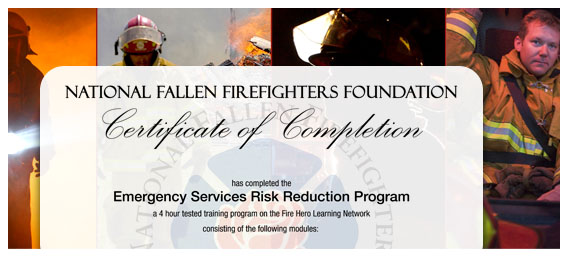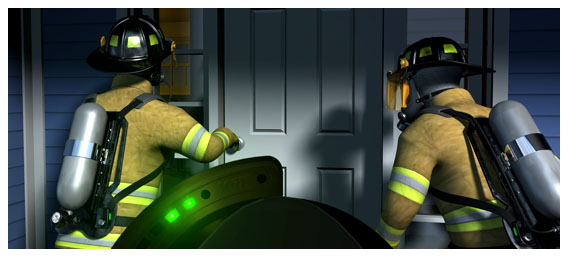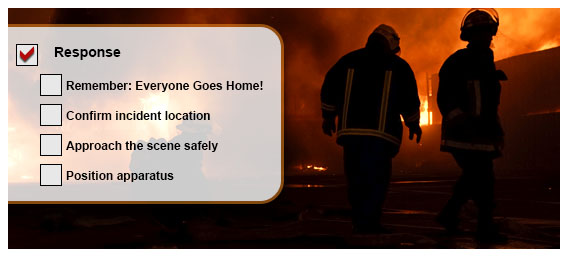Peer Support Programs for the Fire Service
Credit Hours:
1
Approximate reading time:
0.5 Hours
Approximate online time:
0.5 Hours
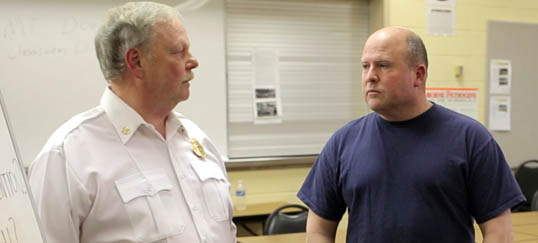
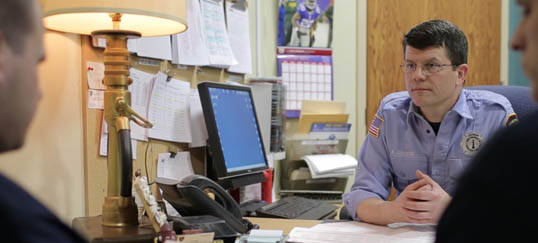
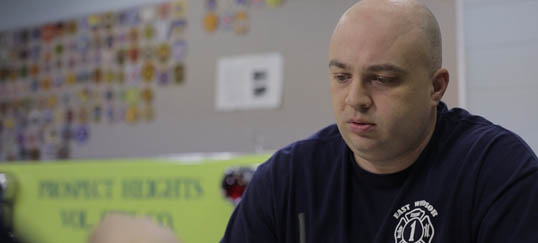
Program Abstract
The stresses of firefighting combined with the demands of everyday life affect all firefighters, some more profoundly than others, and more deeply at some times than others. The NFFF would like to make fire departments aware that a peer support program is an option available to the department to address firefighter occupational stresses, including the aftermath of firefighter line-of-duty deaths. This awareness-level, self-paced module will cover the foundational principles of a peer support program and direct users to resources that can help them design and establish a peer support program in their department.
The goal of the module is to make viewers aware of peer support as a possible response to firefighter occupational stress, including line-of-duty deaths, and to better understand what peer support is, how it works, and how to pursue creating a peer support program in their department. This module does not train fire service peer supporters.






























